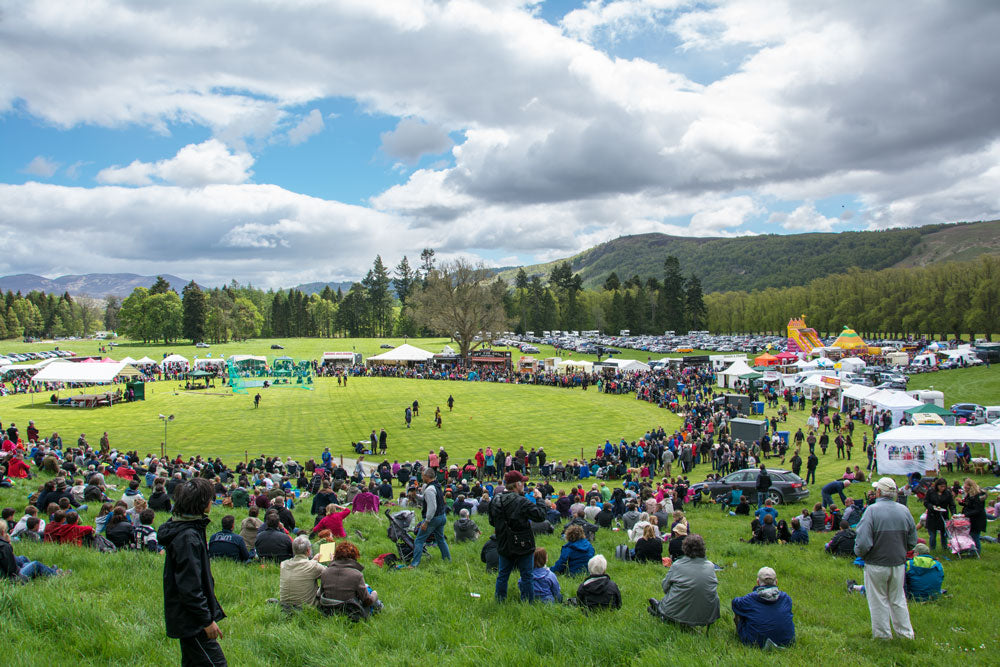Your Cart is Empty
- Home
- Kilt Hire
-
Weddings
-
Men
- Kilts
- Kilt Jackets
- Vests & Waistcoats
- Trews/Trousers
- Complete Outfits
- Shirts
- Ties, Scarves, Cummerbunds Etc
- Day Sporrans
- Dress Sporrans
-
Semi Dress Sporrans
- Pipe Band Sporrans
- Sporran Chains
- Kilt Pins, Lapel & Tie Pins
- Sgian Dubhs Daywear
- Sgian Dubhs Dress
- Kilt Belts
- Belt Buckles
- Hose (Socks)
- Flashes & Garter Ties
- Shoes (Ghillie Brogues)
- Headwear
- Plaids
- Plaid Brooches
- Cuff Links, Pocket Watches, Rings Etc
- Scottish/Irish Badges
- Rain Capes
- Outfit Accessories
- Outfit Bits and Pieces
- Budget Apparel
- Norwood Brown Leather Collection
- Mens' Gift Sets
- Women
- Kids
- Clan Collection
- Gifts
- Fabrics
- Home Furnishings
-
Pipe Band
- Bagpipes
- Pipe Chanters
- Smallpipes
- Smallpipes Accessories
- Technopipes
- Bagpipe Accessories
- Bagpipe Maintenance
- Pipe Chanter Reeds
- Pipe Chanter Accessories
- Drone Reeds
- Blowpipes
- Pipe Cases, Cords, and Covers
- Pipe Bags
- Practice Chanters
- Practice Chanter Accessories
- Tuners and Metronomes
- Drum Sticks and Pads
- Drumming Accessories
- Pipe Band Merchandise
- Pipe Band Uniform
- Uniform Accessories
- Pipe Band Sporrans
- Weapons
- Clearance & Specials
- Photo Gallery
- Phone 09 971 7694
- Login







